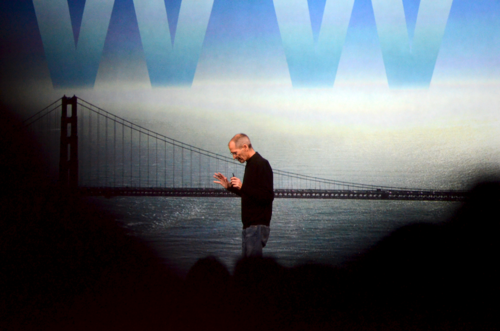About two months ago, The New Yorker published an article surveying the latest crop of books foretelling American decline. (This isn’t a post about American decline.)
One section regarding people and their beliefs stood out to me:
The reason we don’t have beautiful new airports and efficient bullet trains is not that we have inadvertently stumbled upon stumbling blocks; it’s that there are considerable numbers of Americans for whom these things are simply symbols of a feared central government, and who would, when they travel, rather sweat in squalor than surrender the money to build a better terminal. They hate fast trains and efficient airports for the same reason that seventeenth-century Protestants hated the beautiful Baroque churches of Rome when they saw them: they were luxurious symbols of an earthly power they despised. Friedman and Mandelbaum wring their hands at “our” unwillingness to sacrifice our comforts on behalf of our principles, but Americans are perfectly willing to sacrifice their comforts for their ideological convictions. We don’t have better infrastructure or decent elementary education exactly because many people are willing to sacrifice faster movement between our great cities, or better informed children, in support of their belief that the government should always be given as little money as possible.
For most of my life I’ve tended to believe people can have their thinking straightened out. That there exists an objective truth, and if the facts can just be presented in the right way, almost everyone can be persuaded to understand that objective truth.
I’m not talking exclusively or even mainly about politics. Maybe you’re at work, and some people on your team just have completely different visions for your product. When I was younger, I felt like there was a better than average chance of convincing these people given the right arguments applied persistently.
Now that I’m a bit older, I don’t really believe that anymore. I believe that there’s such a thing as truth as I see it, but I don’t think most people who disagree can be persuaded to think the same way. Their truths are different.
It’s far more effective to simply surround yourself with the right people.



